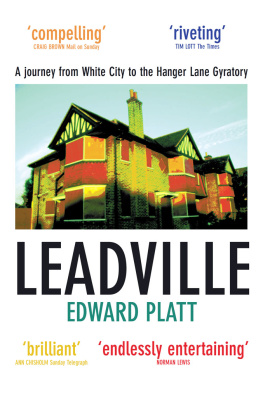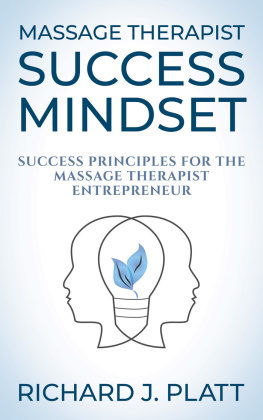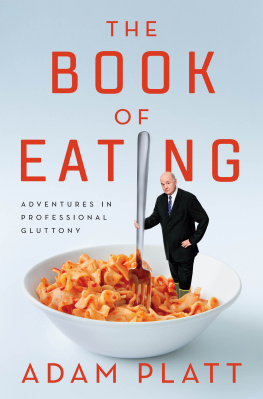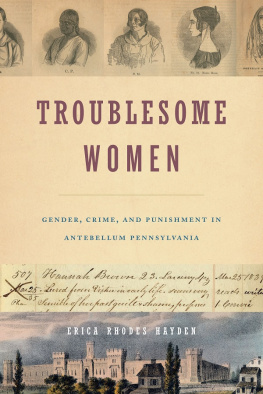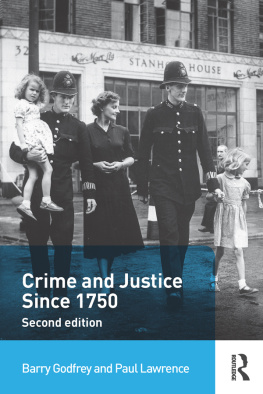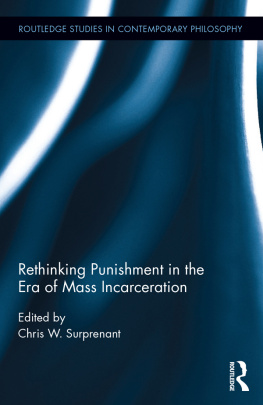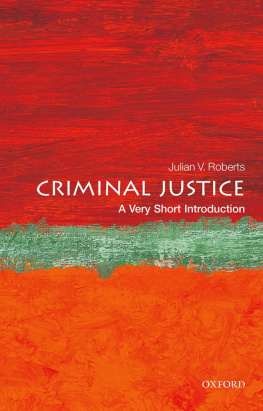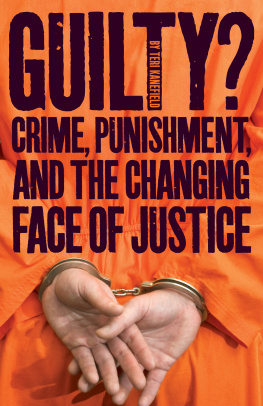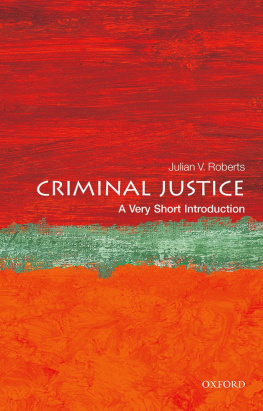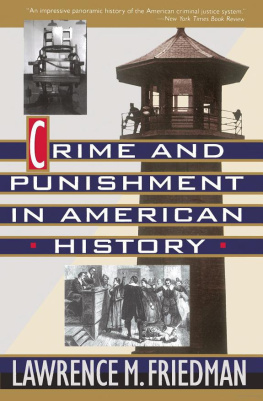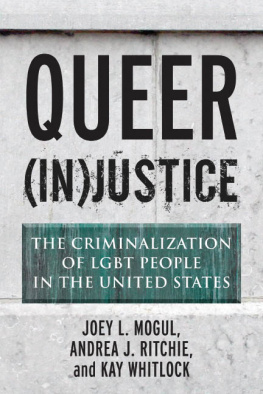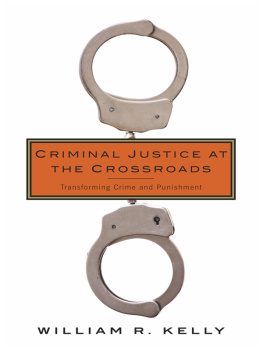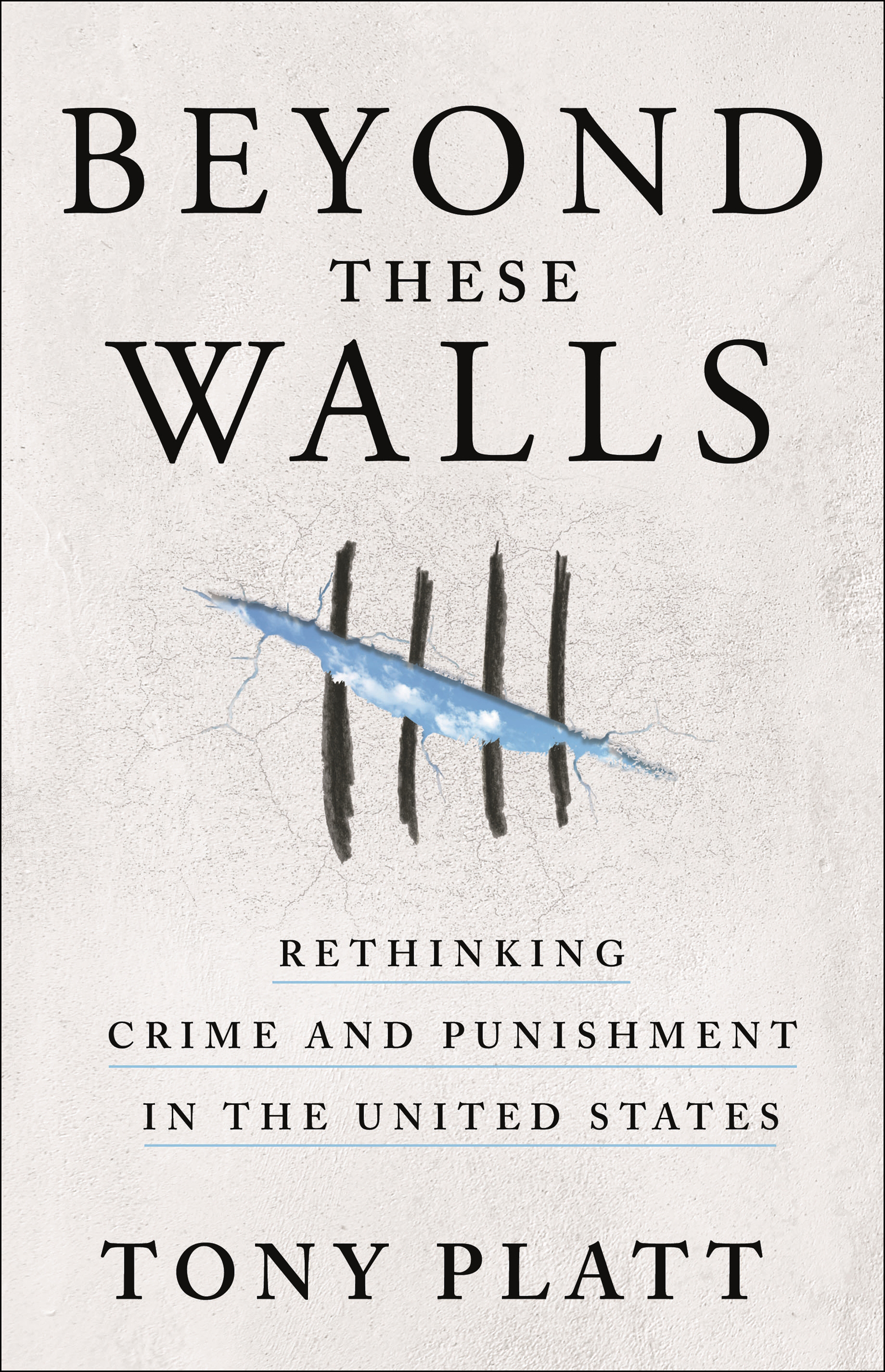The author and publisher have provided this e-book to you for your personal use only. You may not make this e-book publicly available in any way. Copyright infringement is against the law. If you believe the copy of this e-book you are reading infringes on the authors copyright, please notify the publisher at: us.macmillanusa.com/piracy.
In memory of Stuart Hall (19322014), who demanded intellectual rigor and a fierce commitment to social justice
Sweet freedom calls.
Eugene V. Debs, 1918
It was a long time ago now. And it was yesterday.
The suppressed past will rankle and return.
Why we need a broad vision and deep history in order to understand the current state of criminal injustices in the United States.
Stand too close to horror, and you get fixation, paralysis, engulfment; stand too far, and you get voyeurism or forgetting. Distance matters.
Eva Hoffman, After Such Knowledge
ANYTHING BUT
In December 2006 the South Salt Lake Police Department received an anonymous tip that a local residence was being used for drug dealing. After a week of surveillance, tracking suspected buyers as they came and went, the narcotics detective Douglas Fackrell stopped and interrogated Edward Strieff on suspicion that he had purchased illegal drugs. When Fackrell learned from a dispatcher that Strieff had an outstanding arrest warrant for a traffic violation, the detective searched him and found methamphetamine and drug paraphernalia.
This kind of police activity happens thousands of times every day in the United States: cops stopping and searching poor people on the flimsiest of excuses, behaving in ways that would get the officers in trouble if they treated the rich and middle class in the same way. These arbitrary street stops are the bread and butter of police work. They typically occur anonymously, hidden from justice, their outcomes predictable: the police chalk up another successful arrest. With the help of a publicly paid lawyer the defendant pleads guilty in order to receive a reduced sentence. And the poorhouse jails effortlessly stay jam-packed.
What was unusual about this case was that, a decade later, the arrest of Edward Strieff generated a remarkable dissent from a U.S. Supreme Court justice.
Occasionally the smooth process of punishment without trial is interrupted when the police carelessly treat a big shot as though he is a powerless nonentity or when a public defender, despite being hard-pressed for time and resources, takes a case to trial or, even more rarely, appeals a legal decision to a higher court.
What happened to the retired tennis star James Blake is an example of the police roughing up the wrong African American. In 2015 a New York officer, James Frascatore, mistook Blake for another black man suspected of credit card fraud and slammed Blake to the ground outside a hotel. Unlike the overwhelming majority of black men who have been similarly accosted, Blake made his experience a public matter and eventually settled with the city for damages. He also had the resources and patience to file a grievance of police misconduct with the citys Civilian Complaint Review Board, a process that took more than two years to complete, and concluded with the prosecutor asking only for Frascatore to be docked ten days of vacation pay. Even this kind of token victory is a rarity.
Edward Strieff is the one-in-a-million defendant who had the good luck to be represented by a public defender who saw an opportunity to raise a constitutional challenge to the misuse of police power. Typically, defendants like Strieff end up in jail unable to make bail, and sooner or later they plead guilty rather than do dead time while waiting for their case to be decided. Contrary to the widely held impressionderived from police procedurals and courtroom dramas on televisiona trial by jury is rare, and a debate about constitutional issues provoked by an illegal arrest is even more rare.
Strieff was not a typical defendant. At the time of his arrest, as the brief by his lawyer, Joan Watt of the nonprofit Salt Lake Legal Defenders Association, stated, the police had no idea whether Strieff was a short-term visitor, or a permanent resident, or the pizza delivery man. She moved to suppress evidence gathered during the stop on the ground that the police had exceeded their authority. Utahs Supreme Court agreed, finding that Strieffs Fourth Amendment right to security against unreasonable search and seizure had been violated. But on appeal the U.S. Supreme Court, in a 53 decision written by Justice Clarence Thomas, upheld the power of the police to stop and search people on the street on the basis of nothing more than a hunch and an outstanding traffic ticket. Strieffs guilt was affirmed.
The decision of the Supreme Court was expected, given its long-standing tendency to make it difficult for civilians to prevail in complaints against the police. What stands out in the Strieff case, however, was Justice Sonia Sotomayors brutally frank and caustic dissent. Although Strieff is white, Sotomayor used the occasion to express her views about police and race as well as class. Writing only for myself, she noted, the police treat too many people as though they are second-class citizens, and it is no secret that people of color are disproportionate victims of this kind of scrutiny.
Drawing on a long tradition of African American critics of racial injusticefrom W.E.B. Du Bois and James Baldwin to Michelle Alexander and Ta-Nehisi Coatesand expressing herself with a passion not usually heard from the highest court in the land, Sotomayor declared:
This case tells everyone, white and black, guilty and innocent, that an officer can verify your legal status at any time. It says that your body is subject to invasion while courts excuse the violation of your rights. It implies that you are not a citizen of a democracy but the subject of a carceral state, just waiting to be catalogued. We must not pretend that the countless people who are routinely targeted by the police are isolated. They are the canaries in the coalmine whose deaths, civil and literal, warn us that no one can breathe in this atmosphere. They are the ones who recognize that unlawful police stops corrode all our civil liberties and threaten all our lives. Until their voices matter too, our justice system will continue to be anything but.
Justice Sotomayors countless people make up a sizable segment of American society. Police arrest about fourteen million people annually in the United States; sixty-five million people have a criminal record; and at least twenty million have been incarcerated at some point in their lives. On a single day state and federal prisons and local jails hold 2.3 million people; another 3.7 million are on probation, and 840,000 are on parole, subject to restrictions and conditions that limit their civil rights.
That means nearly seven million people are enmeshed in criminal justice institutions that employ, at a minimum, another 4.3 million people as police and guards and in other capacities at a cost of hundreds of billions of dollars.


